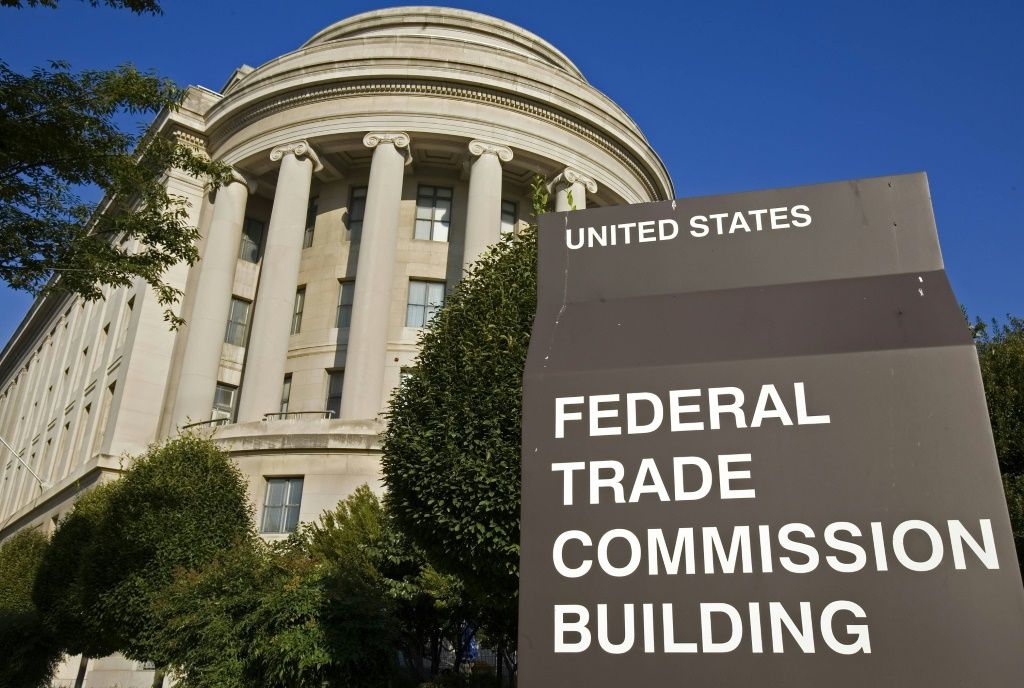KEY POINTS
- Judge Rowland found that the defendants and companies in question operated as “a classic Ponzi scheme”
- Ikkurty and the others also misappropriated funds after soliciting “at least $44 million”
- The defendants have been ordered to pay over $120 million in restitution and disgorgement
It’s another day of putting the law above fraudulent cryptocurrency operations as Illinois district court Judge Mary Rowland took the Commodity Futures Trading Commission’s (CFTC) side in a case the regulator filed against Sam Ikkurty, his companies, and several other defendants over alleged misappropriation of funds among other violations.
“The summary judgment order finds Ikkurty recruited participants to his funds through webinars and trade shows by promising participants they would earn a steady distribution of 15% income per year of supposed ‘net profits’ through investments in digital asset commodities such as Bitcoin and Ethereum, and commodity interests,” the CFTC said in a statement Wednesday. The defendants were found to have used the funds in ways contrary to what they promised the investors.
Judge Rowland’s judgment order found that Ikkurty and other defendants “committed all alleged violations of the Commodity Exchange Act (CEA) and CFTC regulations, including fraud and failure to register.” Rowland also found that Ikkurty and his companies “operated as ‘a classic Ponzi scheme.'”
Aside from misrepresenting the hedge fund, the defendants also misappropriated funds they obtained by selling products that were painted as digital assets backed by carbon offsets. The carbon offset program’s investors suffered $20 million in shortfall.
The case against Ikkurty came about in May 2022, when the CFTC obtained a restraining and assets freeze orders from the court after the fund collapsed.
The regulatory agency then charged Ikkurty and his companies of “fraudulently soliciting at least $44 million” from investors. Instead of investing the pooled participants’ funds as they promised, Ikkurty and the other defendants “misappropriated” the funds by distributing the money to other participants, “in a manner akin to a Ponzi scheme,” the CFTC said.
Notably, the Ikkurty’s scheme wasn’t just founded around purported investments into $BTC and $ETH. The defendants also championed tokens Olympus ($OHM) and KlimaDAO ($KLIMA), which Judge Rowland said qualified as commodities.
The court has since ordered the defendants to pay over $83.7 million in customer losses – a figure separate from the disgorgement order of nearly $40 million in defendants’ collected commissions. Rowland concluded that Ikkurty and other defendants “all possess ill-gotten gains to which they have no legitimate claim.”
News of the CFTC’s victory against a fraudulent crypto firm came just weeks after one of the biggest cases in the digital assets space took a step closer to conclusion.
Collapsed Terraform Labs and its founder Do Kwon – who is fighting extradition to the U.S. and South Korea – agreed to pay $4.5 billion in disgorgement and civil penalties after he was found to have “intentionally and recklessly” orchestrated “one of the largest securities frauds in U.S. history.”
The crypto space remains vulnerable to security incidents, including scam projects and fraudulent operations. In the first half of the year alone, $920 million was lost to security incidents within the burgeoning industry.






